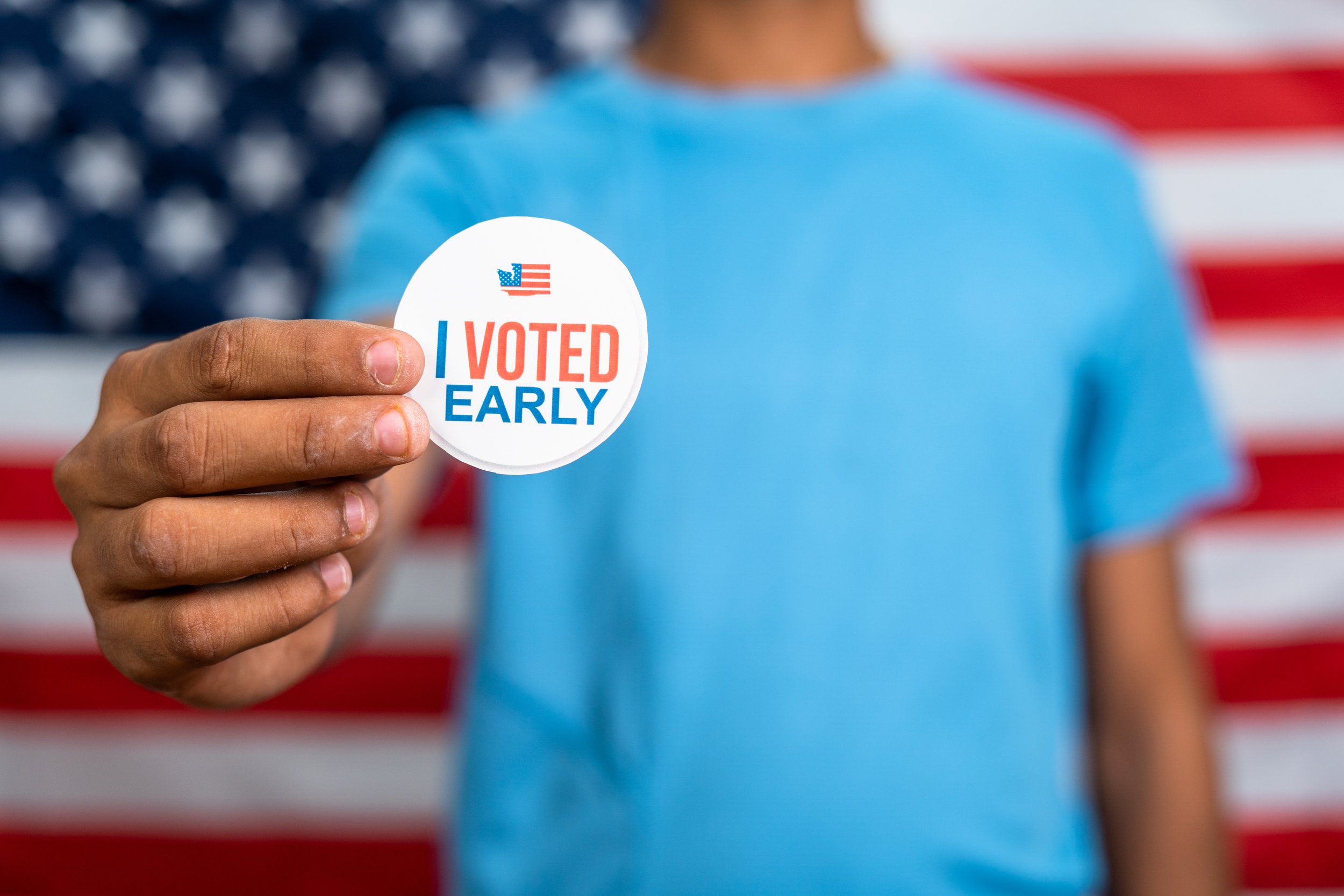Texas Early Voting Rules Just Changed: Here’s What to Know
Texas lawmakers just passed one of the most significant voting access bills we’ve seen in years, and it’s now sitting on the Governor Abbott’s desk. If signed, Senate Bill 2753 will reshape how Texans vote early, and these changes could be in place by the 2028 presidential election.
Let’s break it down.
What the Bill Does
SB 2753 modernizes Texas’s early voting system in a few key ways:
Creates a continuous 13-day early voting period.
This bill eliminates the traditional, 3-day break between early voting and Election Day. It provides Texans with more flexibility to vote at their convenience, including on weekends and holidays.Expands voting hours.
During the final four days of early voting, polls must be open for at least 12 consecutive hours. On Sundays, polling places must be open for at least 9 consecutive hours, an important change for working families and faith communities.Requires all early voting sites to double as Election Day polling places.
This change makes it simpler and clearer where people go to vote.Shifts the early voting start dates.
For general elections, early voting would begin 12 days before the election (currently 17 days). For May elections, it would start 9 days out (instead of 12).Changes when early vote totals are released.
Early voting results would no longer be reported as soon as polls close. Instead, they’d be released after all Election Day votes are counted. This change aims at restoring confidence in the process.
Why It Matters
At a time when most headlines about voting laws focus on restrictions, this bill is a notable expansion of access—and it passed with bipartisan support.
If enacted, it could simplify the voting experience and reduce confusion around polling locations and hours. For businesses and civic leaders, this offers an opportunity to support voter participation in a more streamlined environment.
What to Watch
The bill wouldn’t take effect until August 2027, giving election officials time to prepare; however, it doesn’t include funding, so counties have to determine how to staff, equip, and operate longer voting windows using their existing resources. This shift could be challenging in rural or under-resourced counties.
What YOU Can Do
Start planning now. If your organization offers civic time off or voter education, factor these changes into future election plans, especially for 2028.
Support your local election officials. These teams will need community backing to implement the new rules smoothly. Consider signing up to be a poll worker.
Stay informed. Legislative wins like this one are just one step. The next challenge is ensuring voters and employers understand the changes and are ready to act on them.
At IGC Institute, we believe our state works best when voters and the institutions that support them have the tools they need to participate confidently and fairly.
Let’s continue to make civic participation easier, not harder.
